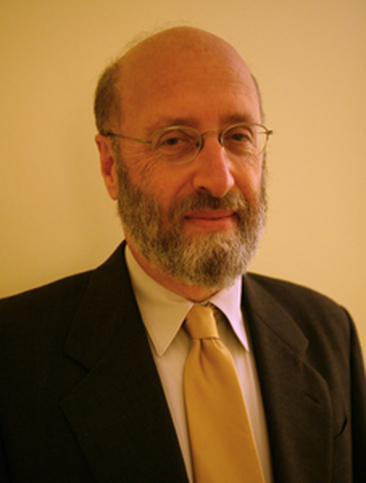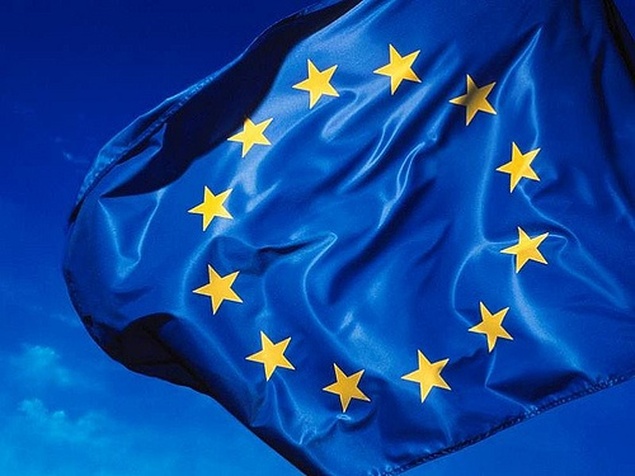 By Katie Engelhart, Macleans, November 30, 2013 Defying predictions, nationalist parties are tightening their networks and coalescing into dangerous alliances In August 2010, dozens of far-right politicians from across Europe flew to Tokyo for a week of plotting and scheming. They were invited by Japan’s right-wing Issuikai group, famous for its denial of Japanese war crimes during the Nanjing Massacre, in which hundreds of thousands of Chinese civilians were murdered, and tens of thousands raped, by Japanese soldiers. The occasion was a conference: “The Future of Nationalist Movements.” By all accounts, it was a success. A who’s who of European nationalists showed up: delegates from the British Nationalist Party (BNP), Jobbik (Hungary), Tricolour Flame (Italy), Attack (Bulgaria), Freedom (Ukraine) and Flemish Interest (Belgium). Jean-Marie Le Pen—former president of France’s Muslim-bashing, European Union-trashing Front National—gave the keynote address. The congress, said an Issuikai spokesperson, was focused on “how we can protect the national identity in our respective countries and co-operate to win the battle against globalization.” The last few years have been good to Europe’s far right. In 2010, extreme parties in the Netherlands, Hungary and Sweden gave powerful electoral showings. Soon after, Austria’s Freedom Party raked in over 25 per cent of state election votes and doubled its parliamentary seats. That momentum has not waned. “I would never have imagined that demons long believed to have been banished would return,” wrote European Parliament President Martin Schulz in 2012. “But simple-minded populism is once again gaining ground.” This year in Norway—just two years after a far-right militant named Anders Behring Breivik massacred 69 people on the island of Utøya—the Progress Party that once inspired him won almost a quarter of the national vote. But this is not, as some observers claim, the 1930s redux—for these are not the same far-right parties. Rather, much of Europe’s radical right has broken with its bellicose past. Today’s far-right parties are more polished and articulate, more welcoming of mainstream agenda points (like same-sex marriage and welfare assistance) and more committed to playing by democratic rules. In some cases, their goals have changed too; many far-right parties have sidelined the fight for electoral seats in favour of projects meant to push mainstream parties rightward. In places like Britain, conservative parties have taken the bait. Earlier this year, the U.K. Home Office dispatched government vans to drive around London, emblazoned with the message, “In the U.K. illegally? Go home or face arrest”—in what many say was a nasty concession to far-right forces. For this reason, the new far right appears all the more insidious. Experts speak of a continental “contagion from the right.” In Hungary and Switzerland, they worry about democratic collapse.  By Allan Arkush Jewish Review of Books Winter 2014 Anti-Semitism had to go underground in many of its previous haunts after 1945, but it never disappeared, and in recent years has been on the upswing. It's hard to tell how much of a menace it now constitutes because so much of it remains submerged and so much of it is disguised. From the vantage point of the United States, where anti-Semitism is but a weak force, the danger may not appear very great at all-especially now that Mahmoud Ahmadinejad has vanished from the international scene and his successor is tweeting Rosh Hashanah greetings to the Jewish people. It would be a mistake, however, to make light of the very substantial evidence that anti-Semitism is on the rise. We need to know who our enemies are and to think about how to deal with them. Anti-Semitism manifests itself in words and deeds. Some of the words come unsolicited from the mouths and pens of Jew-haters, and others appear on questionnaires designed to elicit and sort the expression of sentiments people may otherwise have kept to themselves or shared only with their like-minded friends. Actions range from violent attacks on individuals to political scheming against the Jewish people. Analysts of contemporary anti-Semitism monitor and examine some or all of these things and situate them against the backdrop of history in an effort to assess the dimensions of the problems we now face. Monika Schwarz-Friesel and Jehuda Reinharz's new book on the language of "Judenfeinschaft" (hostility toward Jews) in the 21st century has a restricted focus, but it pursues a broad program. This unusual collaborative venture on the part of a German linguist and a modern Jewish historian (who was formerly the president of Brandeis University) is based mainly on the minute and meticulous study of around 14,000 emails, letters, and faxes sent to the Central Council of Jews in Germany and the Israeli embassy in Germany between 2002 and 2012. Schwarz-Friesel and Reinharz painstakingly analyze some very discomfiting reading material in search of an up-to-date and "comprehensive understanding of the culturally, socially, cognitively and emotionally charged phenomenon of hostility toward Jews" in the land where anti-Semitism not so long ago reached its apogee.  The European Union Agency for Fundamental Rights has a new report presenting the first comparable figures on Jewish people’s experiences of antisemitic harassment, discrimination and hate crime in the EU. "On 8 November, the eve of the anniversary of the anti-Jewish pogroms that took place 75 years ago, it needs to be acknowledged that while Member States have made sustained efforts to combat antisemitism, the phenomenon is still widespread." Click here to access the full report |
CISA Blog
This blog provides selective critical analysis on developments in contemporary culture related to the subjects of antisemitism, racism, the Holocaust, genocide, and human rights.
|
© 2025 Canadian Institute for the Study of Antisemitism. All Rights Reserved.
 RSS Feed
RSS Feed